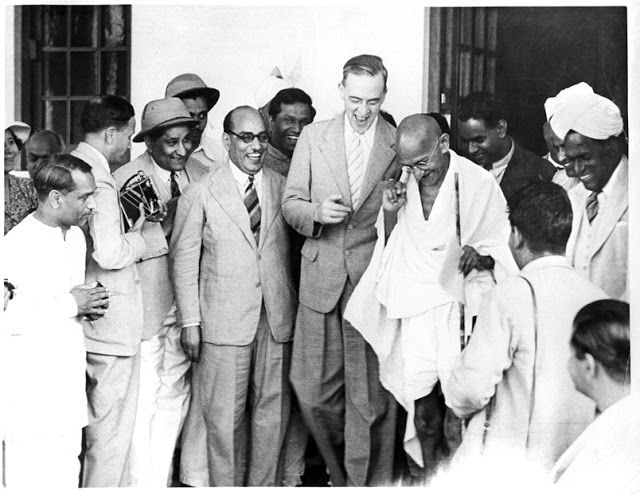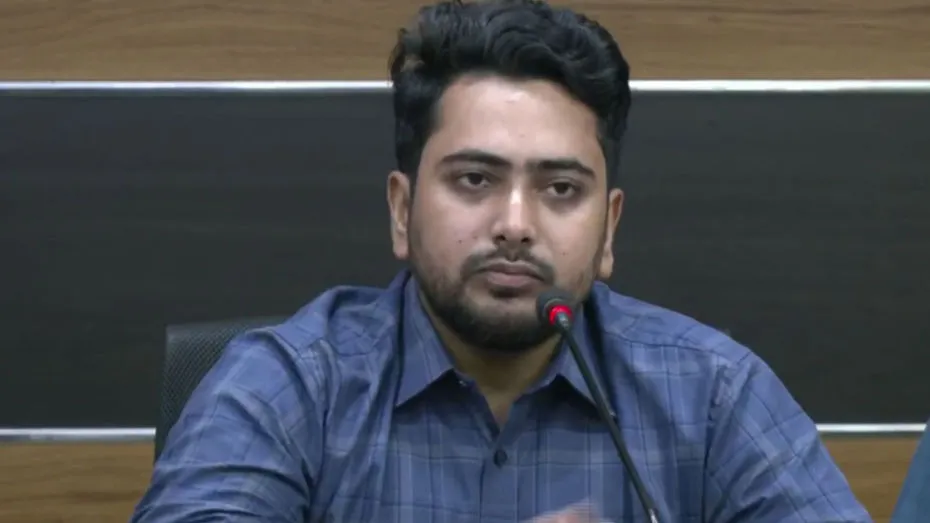indian national congress history

indian national congress history
- With a long history spanning more than a century, the Indian National Congress (INC) is among the most
- established and significant political parties in India.
- It was founded in 1885 and has been instrumental in both the fight for Indian independence and the
- development of the country’s political environment since then.
Early Development and History
- A retired British civil officer named Allan Octavian Hume established the Indian National
- Congress in 1885 in response to Indians’ increasing political consciousness and desire for greater participation in national governance.
- The INC’s original goals were to give Indians a say in how their land was run and to introduce modest changes
- to the British colonial government.
- Important roles were performed by early leaders who promoted Indian rights within the British framework,
- such as Dadabhai Naoroji, Gopal Krishna Gokhale, and Surendranath Banerjee.
The Role of Congress and the Rise of Nationalism
- With leaders like Bal Gangadhar Tilak, Lala Lajpat Rai, and Bipin Chandra Pal promoting a
- more direct and assertive strategy for achieving independence, the INC grew more radical in the early 20th century.
- Indian nationalists adopted Tilak’s catchphrase, “Swaraj is my birthright,” as a rallying cry.
- The party began to organize large-scale protests against British policies and demand self-rule (Swaraj),
- which paved the way for the emergence of civil disobedience and non-cooperation activities.
- In the years preceding India’s independence, the INC’s influence increased dramatically, especially under Mahatma Gandhi’s direction.
- and the Congress emerged as the main forum for the independence cause.
- The INC’s standing as the leading political party in the struggle against British rule was further
- cemented by Gandhi’s leadership during occasions like the Salt March (1930) and the Quit India Movement (1942),
- which inspired the masses.
Following Independence and the Legacy of Nehru-Gandhi
- The Indian National Congress became the main political force in the newly established Republic of India following India’s independence in 1947. The INC played a significant role in forming India’s political, economic, and social structures under the direction of Jawaharlal Nehru, the nation’s first prime minister. Planning Commission, which was essential in shaping India’s development plans, was one of the organizations that the party sought to establish.
- For many years, the Nehru-Gandhi family continued to play a major role in the party’s leadership. Indira Gandhi, Nehru’s daughter, was India’s prime minister twice, from 1966 to 1977 and 1980 to 1984. Significant political developments occurred during her term, including as the 1975 proclamation of Emergency, which halted civil liberties and caused political unrest.
leaders in spite of the controversy.
- After Indira Gandhi was assassinated in 1984, her son Rajiv Gandhi took over as prime minister in the 1980s. During his term, he worked to improve the nation’s economy and infrastructure. However, political upheaval and corruption scandals plagued his leadership, which caused the party’s power to wane by the late 1980s and early 1990s.
Problems in the Twenty-First Century
- The Indian National Congress has had difficulty holding onto its status as India’s leading political force in recent decades. The INC has had difficulties due to the emergence of regional parties and the Bharatiya Janata Party (BJP), particularly with the latter’s triumph in 1998 and Narendra Modi’s leadership since 2014. The INC continues to play a significant role in Indian politics in spite of these obstacles, especially in areas like Kerala, Rajasthan, and Chhattisgarh.
In conclusion
The history of the Indian National Congress is lengthy and intricate. It has influenced much of India’s political narrative, starting as a forum for moderate reforms and evolving into the main player in the country’s fight for independence. Even though the party still has difficulties in the current political climate, its legacy—particularly in light of India’s independence—remains a significant aspect of Indian history.
Share this content:



